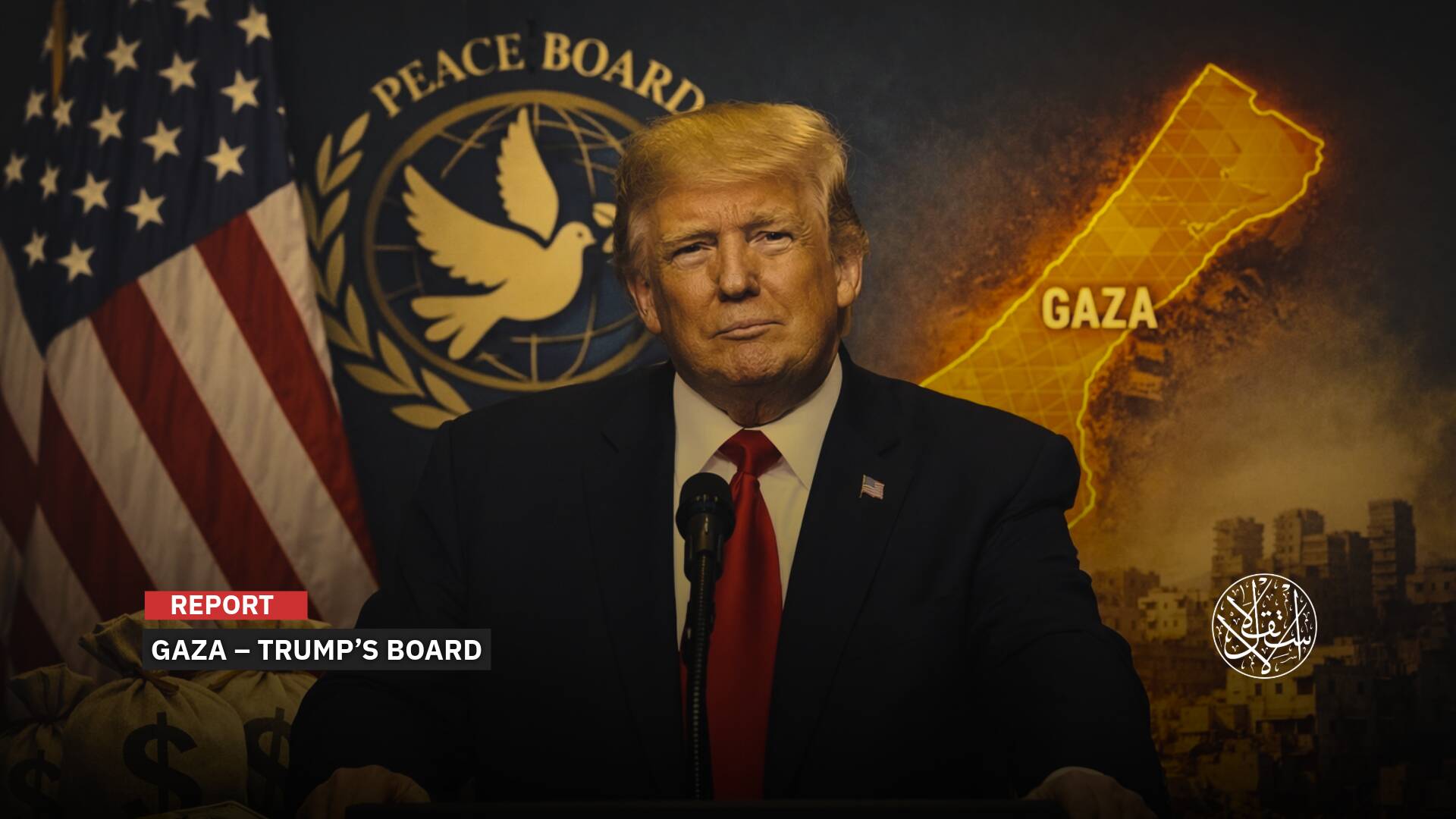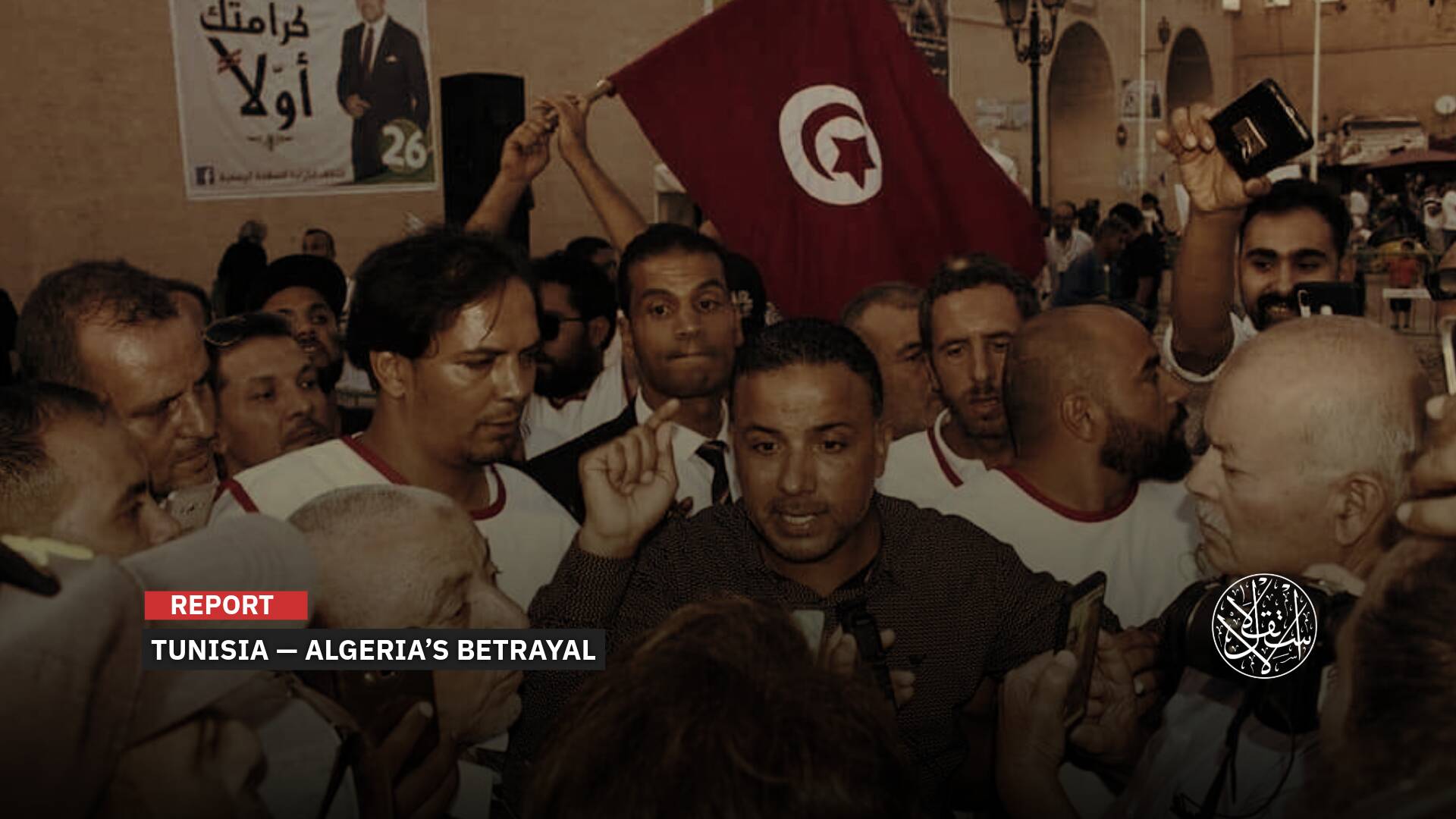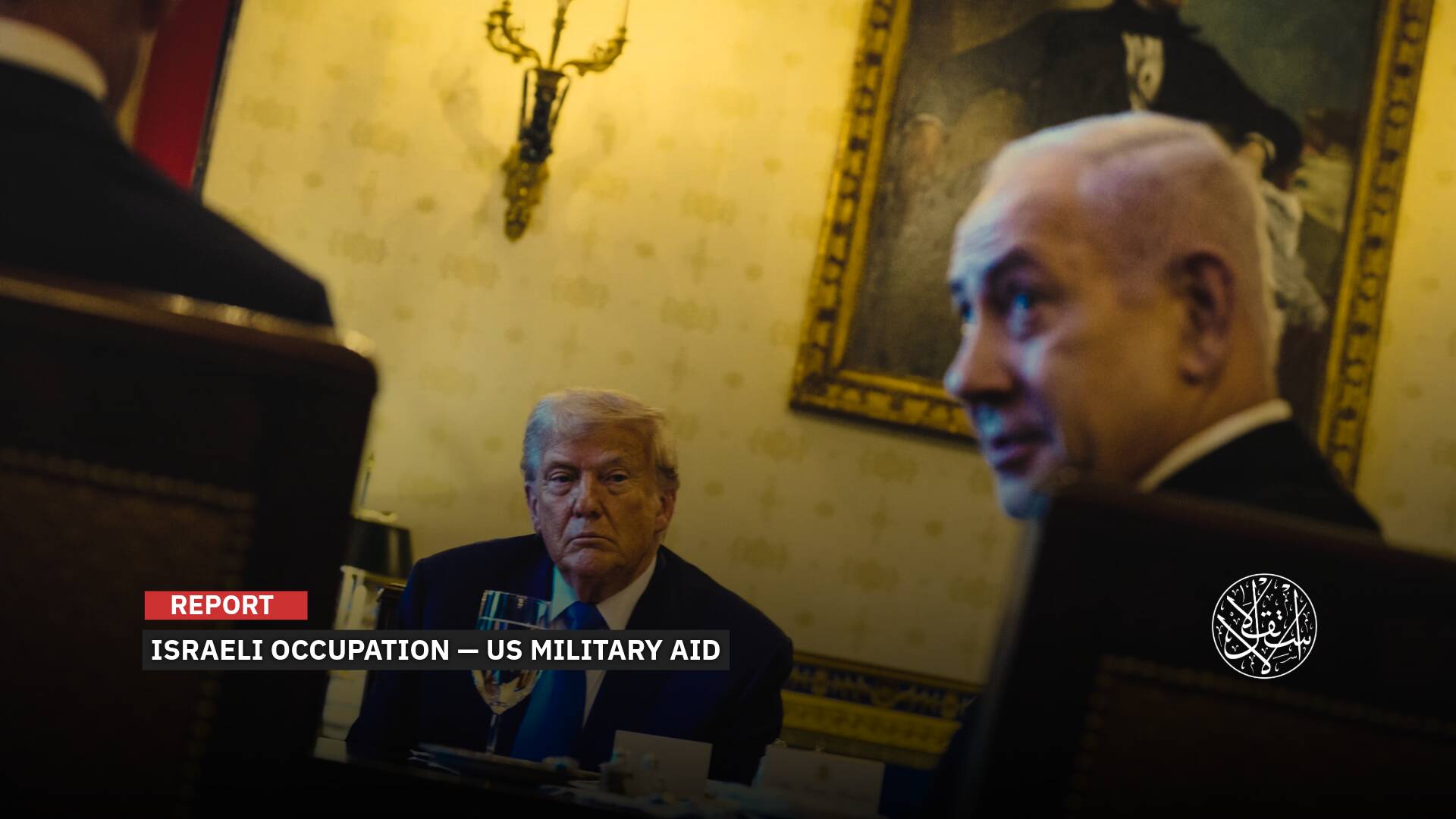In the Wake of Moscow's Attack: How Tajikistan Government Seeks to Erase Islamic Identity

The people of Tajikistan have been ruled by one person and one family for 30 years.
It is a strange paradox for a state to punish its citizens for an attack that occurred in another country, and for its political system to exploit its police tools to suppress Islamic expressions among the general population, such as the wearing of hijabs and the growth of beards, under the pretext of “Islamic militants attacking another country.”
This is what happened in Tajikistan, one of the former Soviet republics, which, since officially gaining independence on September 9, 1991, has adhered to the same anti-religious communist laws.
Since 2007, the Tajik government, which is predominantly Muslim, has targeted anyone who grows a beard or wears a traditional Islamic garment or hijab, claiming these are “indicators of extremism and terrorism.”
In 2007, Tajikistan banned the wearing of Islamic attire (hijabs and traditional garments) and, in 2018, the government published a written guide titled “The Guidebook to Recommended Outfits In Tajikistan.”
According to recent international reports, the crackdown in Tajikistan has intensified in recent months following a shooting at a concert hall in the city of Crocus, near Moscow, on March 24, 2024, which resulted in the deaths of at least 137 people.
Human rights and Western reports have warned that this campaign may yield counterproductive results and create a nurturing environment for “an enemy that the Tajik regime is fighting,” referring to the armed Islamic opposition.
What Happened?
On March 25, 2024, 24 hours after an attack occurred in Moscow, Russian President Vladimir Putin attributed responsibility to “Islamic extremists,” followed by the Islamic State's claim of responsibility for the attack. The Tajik government then began a series of retaliatory actions against its citizens.
Although the attack occurred in Russia, and Moscow merely sent Russian investigators to Tajikistan to interrogate the families of four men accused of carrying out the attack, the Tajik government's response was unexpectedly harsh.
A reporter from The New York Times confirmed on September 8, 2024, that Tajik authorities had launched a broad crackdown targeting signs of Islam such as long beards and hijabs, after accusing several Tajiks of involvement in the Moscow attack.
The reporter noted that authorities were detaining girls in the streets to force them to remove their hijabs and were demanding that bearded men shave their beards, under the pretext that this represents “extremism” and is “not part of the country's traditions.”
The reporter quoted a hijab-wearing girl who stated that she had been arrested several times for wearing a hijab, leading her to decide to abandon it to avoid jeopardizing her professional future.
Opponents have confirmed that the government has used the Moscow attack as a “pretext” to further crack down signs of Islam, under the guise of “combating terrorism.”
This has emboldened Tajik security forces to intensify their crackdown on anyone displaying any Islamic identity, whether through clothing or public demeanor.

The 17-Year Campaign
The Tajik government has been conducting its campaign against signs of Islam since 2007 by restricting the wearing of hijabs, banning beards, and prohibiting the celebration of Islamic holidays and events. This campaign has continued for 17 years.
Under the leadership of Emomali Rahmon, who has held power for over three decades, the Tajik government has imposed numerous restrictions, including a ban on hijabs in schools since 2007 and in public institutions since 2009.
The government claims that this ban and the elimination of Islamic signs will help curb “fundamentalist Islam” and reduce extremism.
Despite these measures, counter-terrorism experts indicate that this policy may have counterproductive results, according to Radio Liberty on June 4, 2024.
“In Tajikistan, authorities are getting frustrated by the international stigma they’re receiving and the blame they’re getting for all these attacks,” said Lucas Webber, the co-founder of Militant Wire, whose research focuses on the Islamic State. “So they’re just doubling down, being heavy-handed.”
Observers believe that focusing on religious appearances may not be an effective solution for combating terrorism, especially since some family members of those accused in the Moscow terrorist attack noted that the individuals showed no outward signs of religiosity or extremism.
This suggests that extremists may attempt to evade security measures by distancing themselves from traditional Islamic expressions, according to The New York Times.
Therefore, human rights experts have urged Tajik authorities to address fundamental issues such as corruption and social injustice, rather than focusing on superficial matters that may not relate to the root causes of extremism.

35 Laws to Erase Identity
In July 2024, Emomali Rahmon, the President of Tajikistan, decided to ban the hijab and prohibit the celebration of Eid al-Fitr and Eid al-Adha, criminalizing calls for the establishment of Sharia law.
He issued 35 laws aimed at erasing the Islamic identity of the Tajik people, under the pretext of “strengthening national identity and preventing superstition and extremism,” despite the fact that 98 percent of the population is Muslim. These decisions mirror those of neighboring China concerning its Muslim population.
Rahmon imposed restrictions on wearing the hijab or head coverings in public spaces, deeming them “foreign or alien attire” that is prohibited in schools, government hospitals, and even religious institutions.
In contrast, he encouraged citizens to wear what he termed “national dress,” claiming it preserves the identity and culture of the Tajik people. Ironically, the national dress consists of long gowns for women that resemble the hijab but are colorful and often accompanied by a hat or scarf, not differing significantly from traditional conservative attire.
Rahmon asserted that “deviating from the norms and rituals of dress” constitutes “cultural alienation that undermines the intellectual independence and national and cultural identity of the Tajik nation.”
“We must avoid the infiltration of so-called religious clothing that does not meet our religious needs and is foreign to our customs and culture, in order to protect our reality and national values,” he said.
Rahmon directed the Committee on Women and Family Affairs to collaborate with Tajik designers to develop and present designs for national clothing that align with the religious and ethical needs of Tajik women.
The regime has also begun deploying security teams on the streets to combat the wearing of hijabs, threatening women with fines of 65,000 Tajik somoni (approximately $5,900) and forcing them to uncover their heads.
Rahmon also spoke about a “new version” of organizing celebrations and rituals, as well as educating and nurturing children, under the guise of “protecting the true values of national culture and preventing superstitions, prejudices, excesses, and lavishness in the holding of celebrations and rituals.”
He justified these measures with vague explanations, such as “elevating the spiritual, social, and economic level of the people of Tajikistan, protecting children's rights and freedoms, and educating and nurturing children in the spirit of humanity, national pride, and respect for national values.”

Repressive Laws
These new laws closely resemble previous decisions made by the same president since independence from the Soviet Union, all of which have been repressive measures aimed at restricting freedoms in general and persecuting any opposition to his authoritarian rule.
The Tajik parliament also enacted a law banning women from wearing the burqa and niqab, citing the need to “support national culture and traditions against foreign influences and combat religious extremism.”
Authorities also prohibited a tradition called “Eid-gardak,” where children visit homes to collect Eid gifts during Eid al-Fitr, a delightful old custom that brings joy to children.
Children under 18 years old are forbidden from entering places of worship without parental permission. According to this law, parents must prevent children under 18 from attending mosques and learning the Quran; otherwise, administrative action will be taken against them.
Since 2010, Rahmon has implemented repressive measures against Muslims to address what he calls the “phenomenon of religious extremism,” reaching the extent of arresting individuals for growing thick beards on the pretext of resembling ISIS.
On January 21, 2016, the Tajik government ordered the shaving of the beards of 13,000 men in 2015, claiming it was to prevent similarities to ISIS.
On May 10, 2015, the parliament approved a bill prohibiting Arabic names, stating in its preamble that registration offices would not record names deemed foreign to the local culture, including those of Arabic origin.
A report from the State Committee for Religious Affairs (SCRA) in Tajikistan noted in 2017 the closure of 1,938 mosques within a single year, with these places being converted into cafes and medical centers.
This was despite Tajikistan's rich Sunni Islamic heritage and its legacy of producing esteemed religious scholars. The population remains deeply committed to their faith, exhibiting profound respect for Islamic traditions and a genuine passion for religious sciences. The people honor and revere their religious leaders and scholars, reflecting a culture steeped in devotion and appreciation for their spiritual roots.
However, according to reports from Asia-Plus, there is now a ban on learning Islam. There are no religious science courses in the educational system from primary school through university, and the study of Islamic sciences abroad or sending students to institutions like al-Azhar is prohibited.
The Tajik government also bans the call to prayer using loudspeakers in mosques, in addition to preventing many women from praying there.

Tajik Militants
Many Western and Asian countries view Tajikistan as a hub for armed Islamic movements, believing that any attacks or bombings occurring in the Middle East, Europe, or Asia originate from individuals affiliated with organizations based in Tajikistan.
Following the Moscow attack in March 2024, U.S. officials stated that the ISIS-Khorasan group, which operates in Central Asia, was behind the assault, highlighting the role Tajiks play in executing armed operations worldwide.
David Gozer, a researcher at the National Center for Scientific Research (CNRS) and head of the Asia Monitor Resource Center, said that Tajik militants appear in virtually every terrorist attack. He emphasized that they are among the elite fighters of the Islamic State, noting that “some were even part of the close guard of Abu Bakr al-Baghdadi, the first appointed caliph of the organization.”
According to France24, entire families, comprising dozens of individuals from Central Asian countries, flocked to areas controlled by the Islamic State in Iraq and Syria when the organization was active, only to return to their home countries later.
In 2017, the International Crisis Group's research center estimated that between 2,000 and 4,000 citizens from Tajikistan, Kyrgyzstan, Kazakhstan, Turkmenistan, and Uzbekistan joined the ranks of the organization in Iraq and Syria, with the majority being fighters.
On the other hand, Le Monde Diplomatique reported on September 11, 2024, that many Tajiks are leaving their country due to poverty in search of work, which often traps young people into collaborating with militants.
International reports indicate that half of the fighters in the ISIS-Khorasan group are Tajik citizens, as the recent attacks claimed by the organization in Russia, Iran, and Afghanistan have been carried out by Tajik nationals.
In a press conference in Moscow on July 28, 2022, Zamir Kabulov, the Russian president's special envoy for Afghanistan, announced that the number of ISIS-Khorasan fighters had reached 6,000.
However, Western research centers state that the actual number is not accurately known, and reliable information about their locations is lacking.
Power Struggle
A significant aspect of the repressive regime in Tajikistan opposing and banning Islamic expressions is tied to the power struggle between the government and the Islamic Renaissance Party of Tajikistan, which has sought to preserve the Islamic identity and has entered into conflict with the former communist rulers.
Founded in 1973, this party was based on the ideas, goals, and principles of the Muslim Brotherhood, drawing its ideology from the writings of figures like Imam Hassan al-Banna, al-Ghazali, and Maududi. It was the second most important party in the country after the ruling party.
Initially led by Sheikh Abdullah Nuri, who passed away in 2006, the Islamic Renaissance Party held its founding conference in a hall of the dissolved Communist Party building in 1991, following the disintegration of the Soviet Union.
Its emergence coincided with former Russian President Gorbachev's “glasnost” policy in the late 1980s. In June 1990, Islamic leaders from all Soviet republics gathered in the Russian city of Astrakhan, at the invitation of the Muslims of Tatarstan, to establish a party named the “Islamic Renaissance Party” aimed at promoting Islam in the Soviet republics.
The party was officially registered with Soviet authorities, and the founding assembly decided that Muslims from each republic would create their own branches, concentrating mainly in Tajikistan.
Between 1992 and 1997, Tajikistan plunged into internal conflicts after former President Rahmon Nabiyev, a member of the Soviet Communist Party, rigged the 1992 elections. When the opposition protested, he declared a state of emergency.
This situation led the Islamic Renaissance Party to rally alongside other liberal political forces, gathering their supporters outside the parliament in an open sit-in, seizing control of the radio and television stations, and besieging the intelligence headquarters.
When Nabiyev fled to Moscow seeking asylum, Russia quickly reinforced its troops in Tajikistan with a unit of 800 soldiers who took control of the airport, along with Uzbekistan.
In November 1992, the communist factions installed their leader, Emomali Rahmon, as Prime Minister, supported by military intervention from Russia and Uzbekistan, which was rejected by the Islamists. However, the communists ultimately regained control.
The Russian army intervened to support the Tajik communist forces against the Islamist opposition, which had taken to the streets to protest and was met with gunfire. The Islamist opponents were forced to retreat into the mountains or flee to Afghanistan.
Since Rahmon officially took office as president in November 1994, he intensified the persecution of Muslims, prohibiting any political role or social influence from Islamic forces or parties advocating for an Islamic renaissance in the country.
The communist authorities launched a campaign aimed at eradicating the Islamic Renaissance Party, closing its main headquarters in the capital, Dushanbe, shutting down its publishing house, and halting the publication of its newsletter, Najot.
In an interview with the BBC on May 30, 2024, the leader of the now-banned Islamic Renaissance Party, Muhiddin Kabiri, stated that the people of Tajikistan have been ruled by one person (Emomali Rahmon) and one family for 30 years.
He emphasized that political freedoms are non-existent in the country, as parties are banned, and political activists and journalists face imprisonment or exile. Religious freedoms are also restricted, and corruption is on the rise, leaving room for secular or extremist ideologies to gain traction among youth who see no future for themselves.
Sources
- Struggling to Stem Extremism, Tajikistan Targets Beards and Head Scarves
- Islamic State ‘recruiting from Tajikistan and other central Asian countries’
- Tajikistan Set To Outlaw Islamic Hijab After Years Of Unofficial Ban
- Tajikistan's President Signs 35 Laws, Including a Ban on Hijabs and Islamic Holiday Celebrations [Arabic]
- Tajikistan’s Communist President Bans Hijabs and Islamic Holidays Under the Pretext of National Identity! [Arabic]
- Moscow Attack: Tajikistan, a Breeding Ground for Jihadists in Central Asia [Arabic]
- Khorasan ISIS: Tajikistan’s Pretext for Banning Islamic Practices [Arabic]











